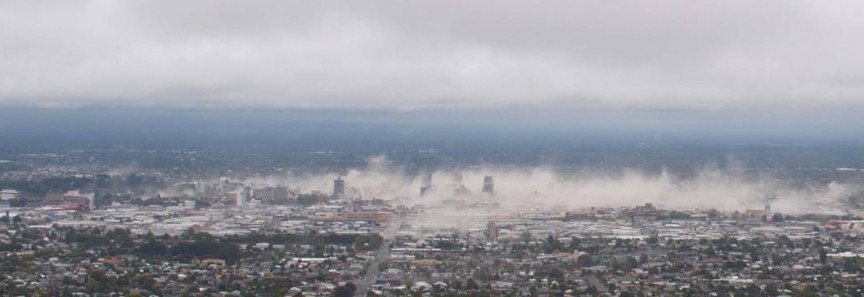Disaster Recovery – Overview
Some of you may know that I have been involved with some large scale disaster recovery efforts – from an infrastructure planning and reconstruction standpoint (tsunami in Sri Lanka, war in Iraq & Afghanistan, and earthquake in Christchurch, New Zealand), with recent expertise on Infrastructure Resilience.
In overview, it does seem like there are some very common phases which people may go through after a big disaster:
Denial – this isn’t happening to me!
Isolation – nobody understands what has happened to me!
Anger – this shouldn’t be happening to me!
Bargaining – what will it take to make this go away?
Depression – there is no hope of ending what has happened to me!
Acceptance – this happened to me, and here’s what I’m going to do.
The phases above are commonly associated with the grief cycle, which is a little different to the disaster recovery cycle which could be defined as:
Preparation – the best benefit for every dollar invested – not well publicised
Disaster Event – it’s never convenient or expected – more often captured on handheld smartphones etc
Response – civil defense, search and rescue, and emergency services – all on TV
Restoration – temporary restoration of services, facilities, and infrastructure (aka short-term recovery)
Reconstruction – permanent restoration of services, facilities, and infrastructure (aka long-term recovery)
Improvements – the addition of systems, methods and materials that we didn’t have before (aka mitigation measures)
-
Debris removal and “make-safe” measures
-
Demolition of unsafe structures
-
Protection of iconic heritage structures
-
Repair or reconstruction of infrastructure
-
Repair or reconstruction of damaged homes
-
Repair or reconstruction of community facilities
-
Repair or reconstruction of iconic city facilities
However, the common problem in the implementation of these works is that we need empowered leaders who communicate and engage with the appropriate stakeholders at the appropriate time, to develop collaborative outcomes that everyone can embrace and support. Further, there are another six phases which we should be aware of – common to many projects and apparently they are also common to recovery. I’ve added some phrases which you might hear … or more likely won’t:
- Enthusiasm (“We’ll fix everything back better than it was before”)
- Dissillusionment (“We’ll never be able to achieve everything that was promised”)
- Panic (“Everything is costing more than we expected, taking longer to build, and not as nice as we hoped. Hire more people!!”)
- Search for the guilty (“Surely somebody screwed something up, and we’re going to find out who”)
- Punishment of the innocent (“We found somebody to be the scapegoat – too bad they did all the good work”)
- Praise and glory for the non-participants (“Look at all the great work I did”)
It doesn’t seem to matter where you are in the world, but sadly it appears we make the same mistakes over and over again. I am reminded of the wisdom in one old proverb which says:
It doesn’t matter how far down the wrong road you have gone, turn around.
Comments are closed.





Your perception of the ‘quake scenario and aftermath are enlightening. Some food for thougth – might be worth a try to get your comments into the Ch’ch Press or the likes of the NorthSouth (?) publication.
Are you still involved with the reconstruction even though you now work for BECCA only?
That is really a great synopsis.